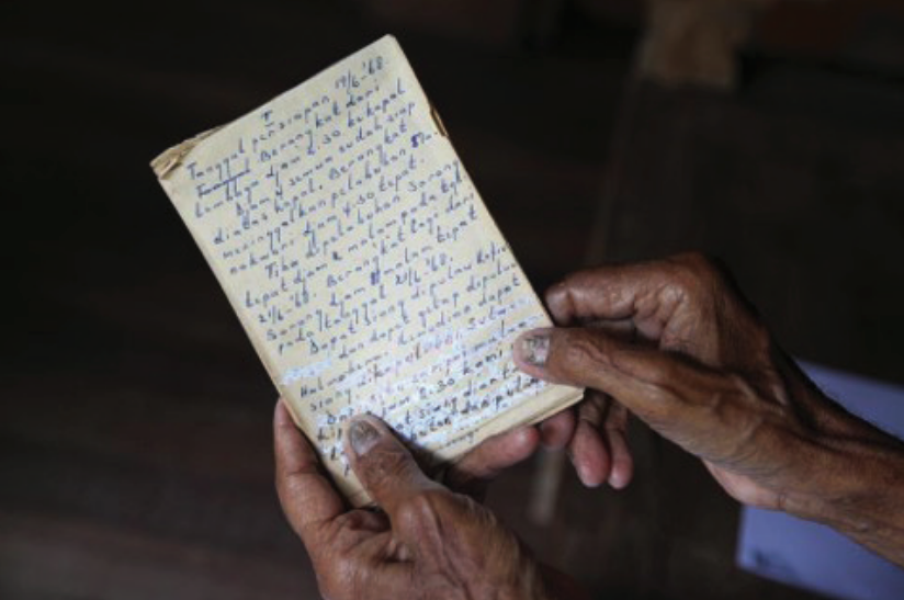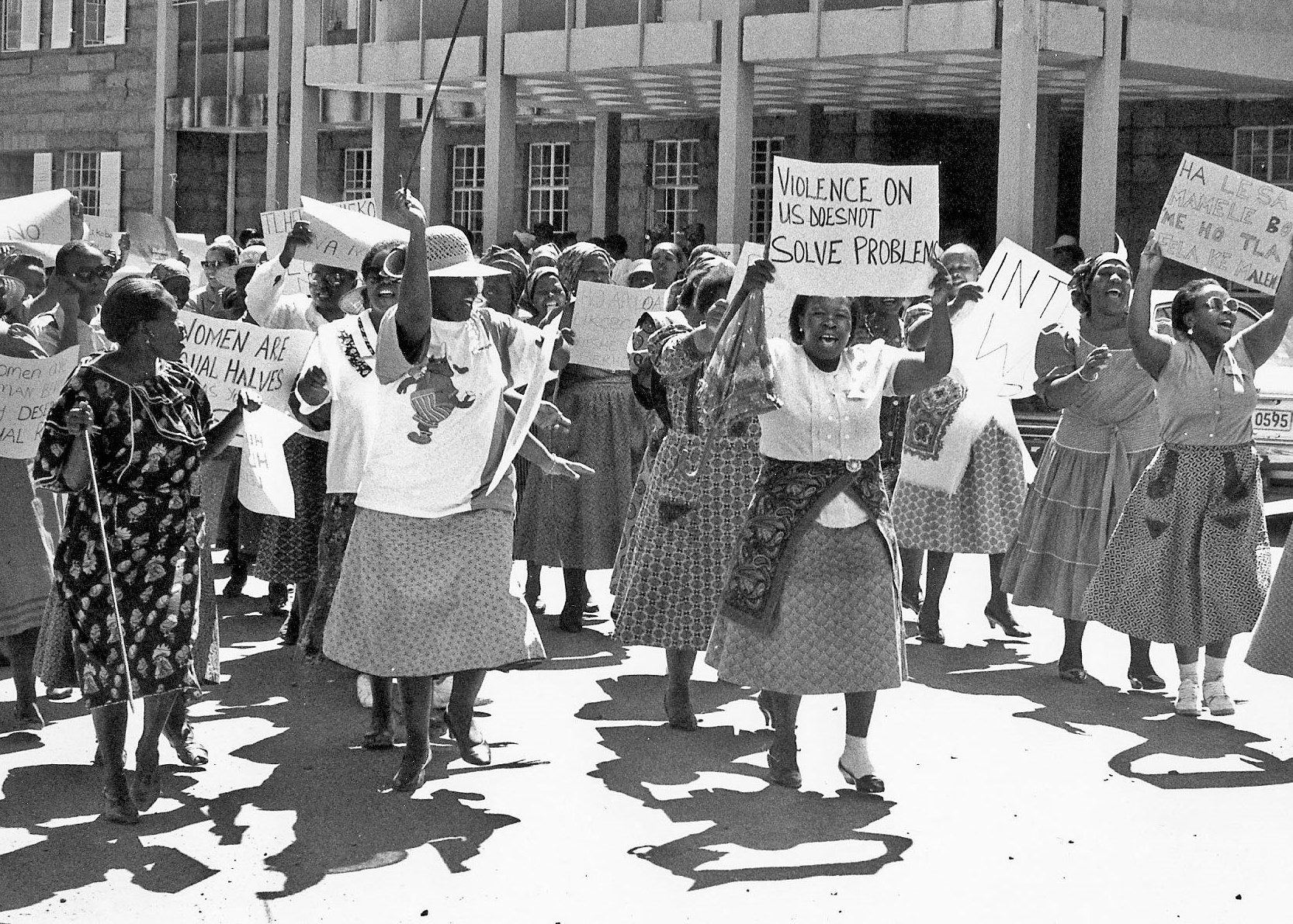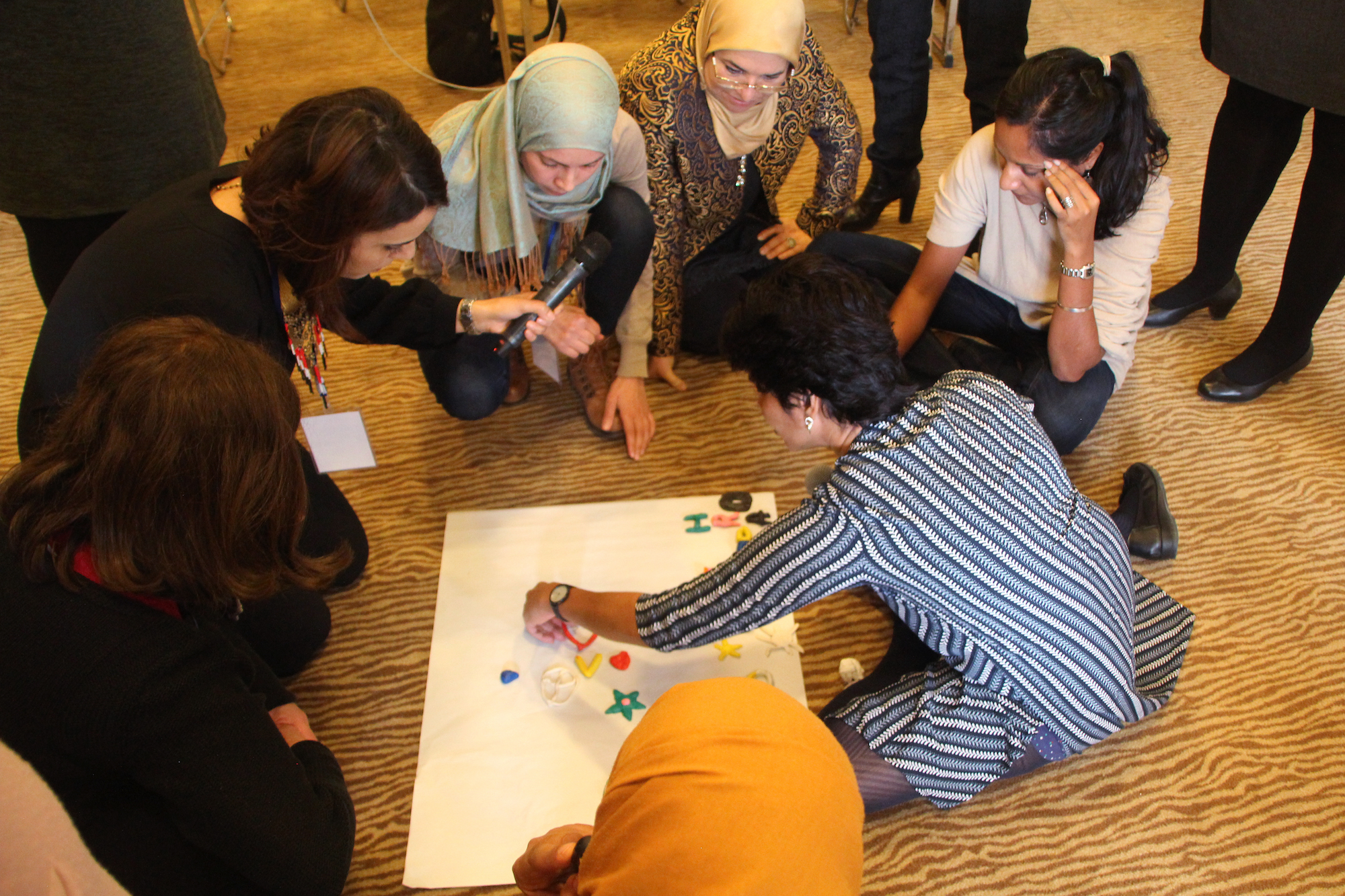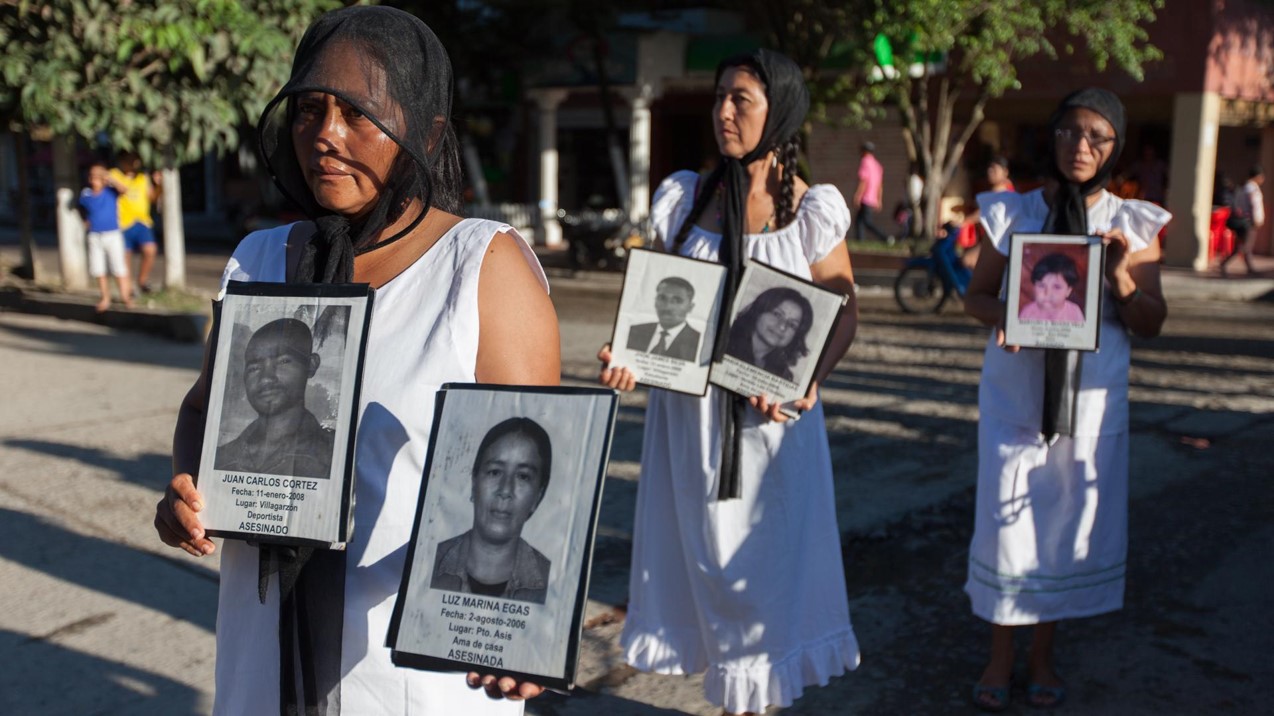In West Papua, Indonesia, indigenous women documented violence and human rights violations occurring between 1963 and 2009, during the period of integration of their region in Indonesia. (ICTJ/Anne Cecile Esteve)
Gender and Transitional Justice: A Training Module Series
Within the field of transitional justice, like many others, mainstreaming gender is now considered “best practice” and rhetoric around gender-sensitivity has become a relative norm. Too often, however, the promises and rhetoric do not translate into effective implementation. Much of this failure often comes from a lack of technical knowledge to implement transitional justice measures in a way that encourages women’s participation and adequately addresses the gendered nature of human rights violations. Without the engagement of women and others targeted because of their gender, transitional justice cannot successfully contribute to a more just society for all.

We encourage you to explore the sessions that are connected to your work, download the materials, and tailor the curriculum for your individual use. While we invite users to modify the PowerPoint presentations as relevant for trainings or other convenings, attribution should be given to ICTJ and UN Women, with financial assistance from the European Union.


Gender Justice
Human rights violations can have unique consequences for women and others targeted because of their gender or sexual identity. ICTJ helps victims to fulfill their rights to justice, truth, and reparation and affirm their dignity by providing accompaniment, support, and tailored responses. We stand with victims in seeking acknowledgment and accountability for sexual and gender-based violations committed in situations of systemic abuse.
